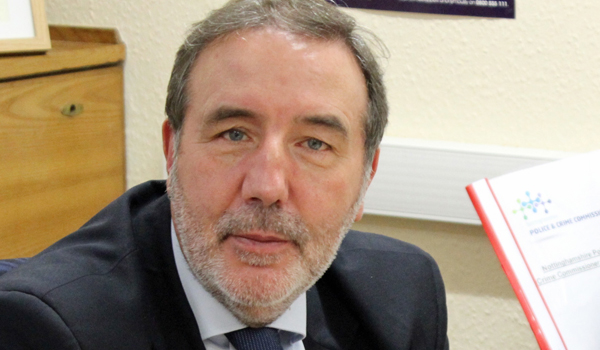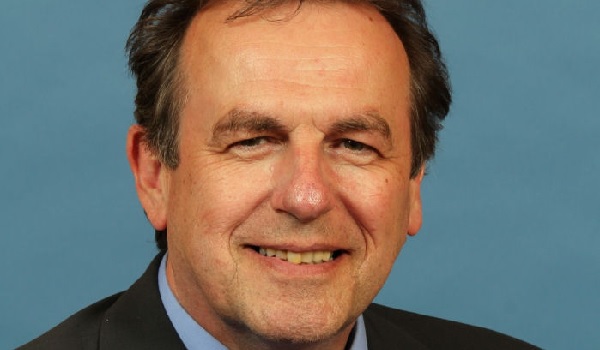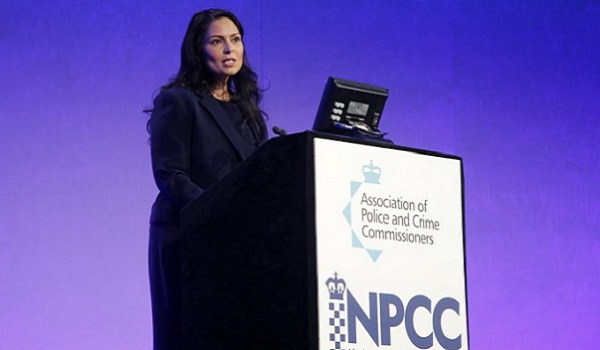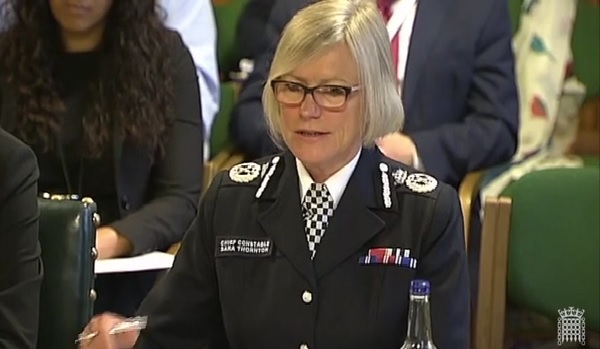PCCs welcome shift towards greater accountability
Police and crime commissioners (PCCs) are to be made more accountable to the communities they serve under new proposals outlined today (March 16).
The changes, which follow a review led by Home Secretary Priti Patel, will see PCCs required to explain their record on crime to the public, allowing voters to see how well the elected officials live up to their promises. PCCs will also be encouraged to strengthen their relationship with their local chief constable.
In addition, the process for sacking chief constables will be made “more rigorous and transparent” as PCCs will have to provide written notice and their reasons and allow chiefs to respond.
The Government will also consult publicly on whether to mandate the transfer of fire and rescue authority functions to PCCs in England after the review found strong support to increase the accountability of these services by having a directly elected official take on their governance.
Ms Patel said: “PCCs play a crucial role as the elected voice of the people for crime and policing, which is why I am committed to ensuring they are accountable to the communities they serve and are strong, visible leaders in the fight against crime.
“These recommendations, once implemented, will strengthen and potentially extend the role of PCCs and help them deliver the safer streets that the British public deserve.”
The initial set of recommendations are the first of a two-part review into the role of PCCs, which was announced in July 2020.
They include:
- Changing the PCC voting system to first-past-the-post, so the public can vote out those who are failing to deliver. This will create stronger and clearer local accountability, and reflect that transferable voting systems were rejected by the British people in the 2011 nationwide referendum;
- Making sure PCCs provide the public with clear information on their force’s performance;
- Mandating the appointment of deputy PCCs to ensure continuity in unforeseen circumstances; and
- Making changes to ensure more effective and consistent relationships between PCCs and chief constables.
The recommendations are intended to help PCCs, police forces and the Government to establish clearer ways of working and provide chief constables with more clarity on their operational independence.
The review did not consider whether the existing 43-force structure is best suited to modern policing or whether the role of PCCs should be scrapped.
Responding to the announcement, Association of Police and Crime Commissioners (APCC) chair Paddy Tipping said: “PCCs are pleased to see the conclusion of the first phase of the PCC Review published. We have engaged constructively with the review throughout and see it as a real opportunity to build on the learning of the past nine years. The Government’s commitment to continue to develop the PCC role is testament to what we have achieved to date.
“PCCs have developed strong and constructive working relationships with chief constables, built on a mutual understanding of each other’s distinct roles. By engaging directly with local people in ways which the old police authorities never could, PCCs give residents a strong voice in setting local police and crime reduction priorities and over how money is spent. To effectively hold chief constables to account on the public’s behalf, it is right that transparent and clear processes are in place to drive improvements.
“The APCC and PCCs will continue to work closely with government and with wider policing partners to play a full and active role in delivering against the recommendations set out, including a review of the Policing Protocol.”
Roger Hirst, one of the APCC vice-chairs, said: “PCCs welcome the findings of the review. During the Covid-19 pandemic, we have played a key role in ensuring policing has the resources it needs to keep people safe. We have worked closely with partner agencies to ensure a joined up response, including investing additional money in projects to support victims of domestic abuse and prevent acquisitive crime. People are safer when the people charged with protecting them work together.
“Over the past few years, some PCCs including myself, have also taken on responsibility for the governance of fire and rescue services and become police, fire and crime commissioners. There are real benefits in wider collaboration across emergency services, and PCCs have a key role to play in this. In the review, the Government has announced its intention to consult on a White Paper on the future governance of fire and rescue services. PCCs look forward to engaging closely with Government, the Local Government Association and fire and rescue partners in taking this work forward together.”
Martin Surl, also and APCC vice-chair, added: “The PCC review has provided an important opportunity to build on the learning since the role was created. Our role continues to develop, including our critical work in supporting victims of crime in our areas. PCCs directly commission support services, helping victims to cope and recover from the trauma of crime. This work has proved vital in ensuring victims receive the support they need during the Covid pandemic and beyond.
“PCCs have also developed greater transparency and openness through our role, directly consulting with the public in setting local policing and crime priorities and publishing performance on our websites. We are directly accountable to the communities that we serve and welcome the focus on transparency that the review brings.”
Sussex PCC Katy Bourne, a member of the review advisory board, said that after nearly nine years and two terms of PCCs, the role “has developed into a powerful and representative voice for local people within the crime and justice landscape”.
“My hope is that the second phase of the review will empower PCCs to take a leading role in improving the criminal justice journey for victims and witnesses and ensuring fewer offenders reoffend,” she added.







